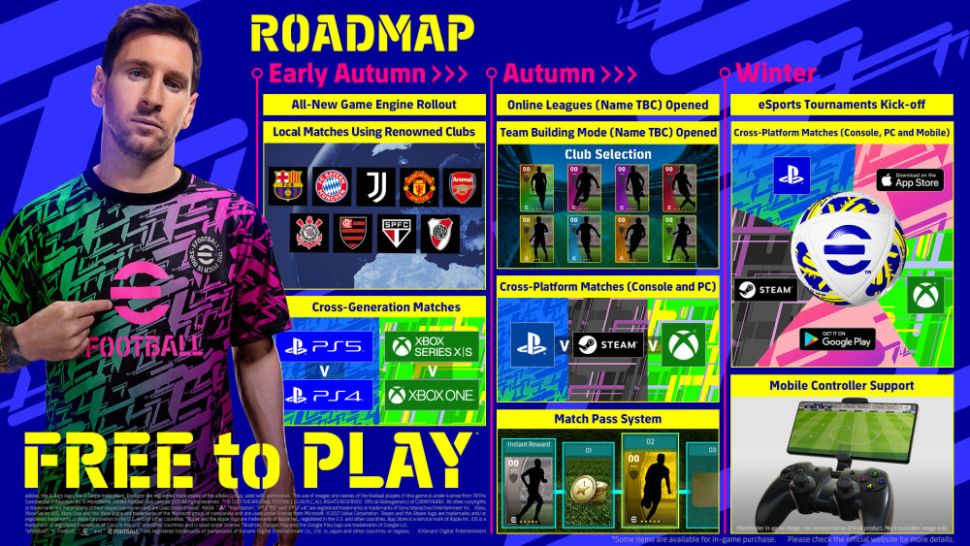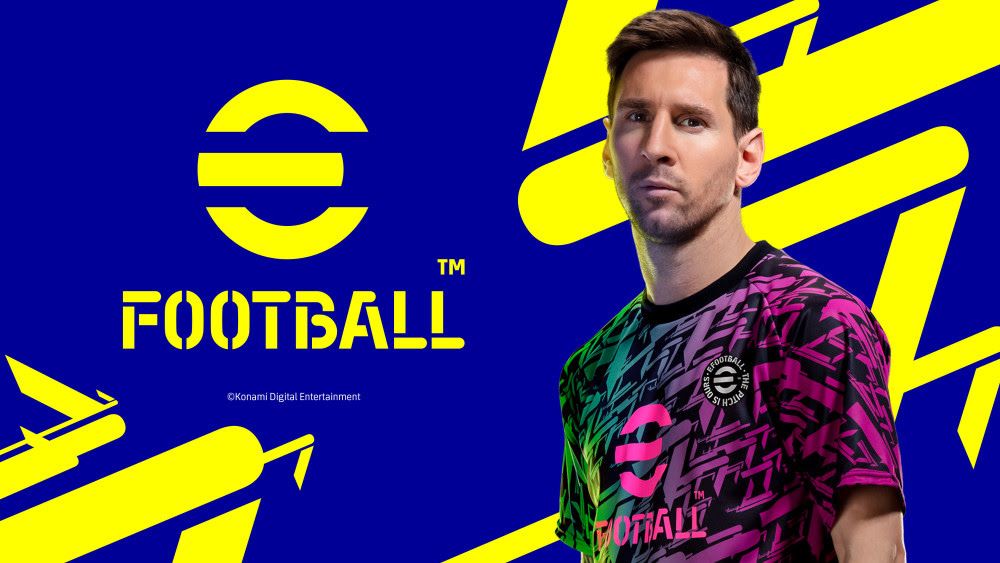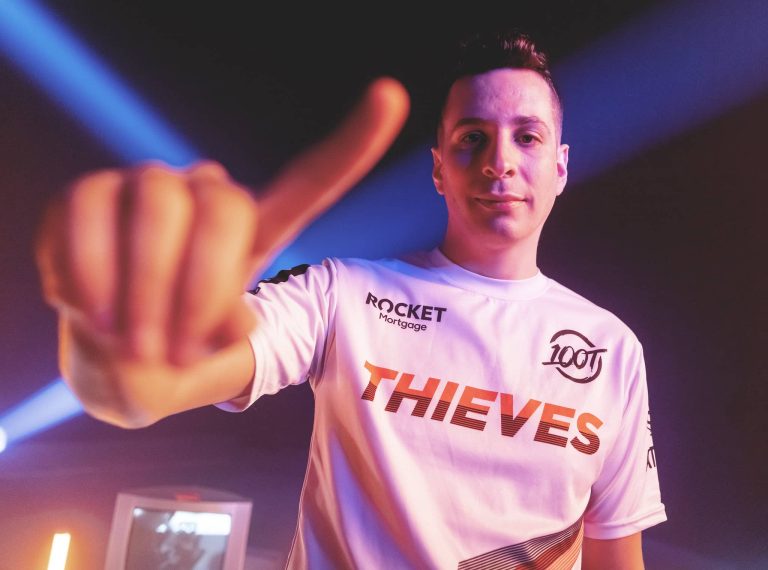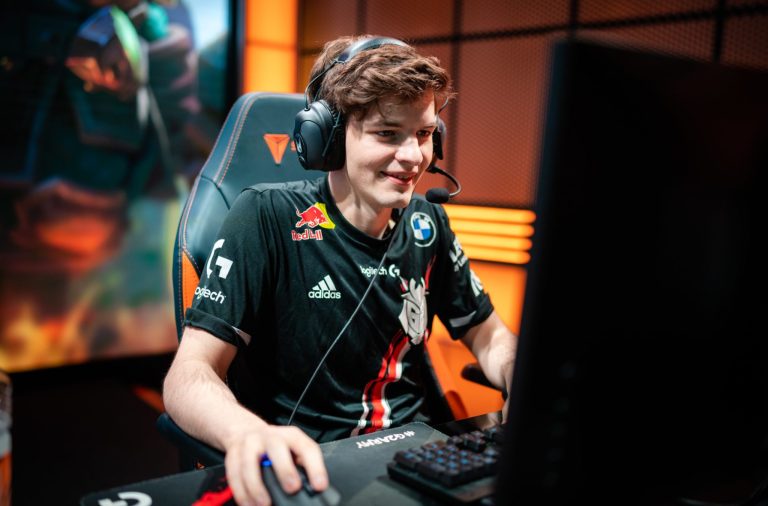Konami has stated that Pro Evolution Soccer is no longer in production and that its long-running football franchise will be renamed and refocused. The renowned Japanese developer’s football games began as Winning 11 (International Superstar Soccer outside of Japan) and then, beginning in 2001, like Pro Evolution Soccer, which was just a far superior game than FIFA for a long time and especially in the 2000s. Konami has been utilizing the eFootball branding with PES for a time now, but it will now just be eFootball.
The yearly release cycle has also been abandoned. eFootball, on the other hand, will be a free-to-play ‘football platform’ fueled by DLC, releasing this autumn on PC. It’s based on the Unreal Engine and supports cross-platform play with console and mobile gamers. In case you’re wondering, mobile gamers will only be able to crossplay using a controller.
The DLC approach is explained in the press release: “At launch, local matches including FC Barcelona, Juventus, FC Bayern Munich, Manchester United, and others will be accessible for free. Certain game modes will be available as optional DLC in the future, allowing players to tailor their experience to their preferences.”
Konami’s announcement emphasizes the improvement it feels it has achieved with one-on-one engagements. The movie above includes footballing giants such as Lionel Messi and Andres Iniesta discussing dribbling and decision-making, intercut with eFootball footage demonstrating the ‘motion matching’ animation technology.
With one major exception, this sounds quite close to what EA is planning with FIFA 22 and what it terms ‘HyperMotion.’ The HyperMotion feature is specific to the new consoles and will not be included in the PC version, whereas eFootball’s PC edition is the full-flavor big boy. Motion synchronization “The broad variety of motions that players make on the field is converted into a series of animations, with the most accurate one chosen in real-time. The system now has more than four times the number of animations as previously, resulting in very lifelike movement. The term ‘Motion Matching’ will be used on all eFootball platforms.”
“We’ve made a number of modifications to virtually create a new football game engine that will power eFootball for years to come, starting with the strong foundations of Unreal Engine, which has allowed us to massively overhaul player expression,” says Seitaro Kimura, the series producer, and a longtime PES developer. “By directly collaborating with great footballers, eFootball provides our most stressful and realistic gameplay to date.”
Konami has also issued a roadmap outlining its ambitions for post-launch support for the game.

It’s worth noting that Konami has abandoned its own in-house FOX engine for eFootball, which is certainly capable of generating great games but appears to have been underutilized. Because of the platform approach, eFootball will simply be updated on a regular basis rather than having new versions, with significant upgrades occurring concurrently with the start of major football seasons and competitions.
eFootball, on the other hand, appears to be a touch scarce at launch. According to the roadmap, there will be 9 clubs to play as in exhibition matches, with more modes appearing later and probably as paid-for DLC. There’s also a match pass, which appears to be a battle pass, but no mention of series mainstays like MyClub (PES’s FIFA Ultimate Team) or the career mode. You will, however, be able to customize and share teams, like in previous versions of PES.
I hope eFootball works well for Konami and that it is a huge success. The demise of PES or Pro Evo has been heartbreaking to witness. In the late 1990s, ISS and, especially, ISS Deluxe were simply the finest, with huge character in their unauthorized recreations of football legends: I’ll never forget those pixel-art recreations of Roberto Baggio (‘Galfano!’) and Fabrizio Ravanelli, nor the exquisite feel and tempo of those games. Over the next decade, the franchise fully bloomed as Pro Evolution Soccer, with a particularly golden era on PS2 (Pro Evolution Soccer 3 is a 10/10) that coincided with EA and FIFA losing their way.
PES always had an uphill battle against FIFA, and even when EA’s games weren’t all that great, the branding ensured they sold. And, as PES began to face its own tremors, FIFA was putting its house in order. Modern FIFA has been outstanding since about FIFA 10, and it is one of the industry’s commercial juggernauts. When PES wasn’t indisputably the superior game, it went from a small but healthy contender to an afterthought.
Over the previous decade, you could watch FIFA steadily suffocating PES. Around the time of FIFA 11 or 12, I spoke with the manager of a local games store on a variety of topics. Because we were both football enthusiasts, the PES/FIFA debate arose, and he was a PES fan. With great regret, he told me that for every copy of PES sold, there would be fifty FIFAs.
So you can’t claim Konami made a bad judgment. If this series is to survive, it may require a fresh start, a new identity, and a fresh approach. But, for me, Pro Evolution Soccer is the finest football game series ever, and I can’t bear the thought of it ending. Goodnight, dear prince, and thank you for the memories.









